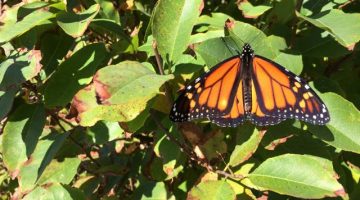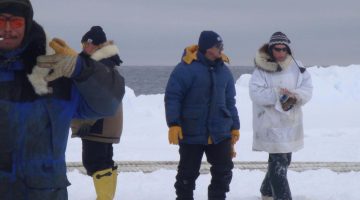Celebrating 100 Years of Acadia National Park
With the turn of the year, we’ve been reflecting back on the centennial of Acadia National Park and the National Park Service. As an Acadia Centennial Partner, we participated in planning with the Acadia Centennial Task Force Science Working Group, supporting a series of lectures and stories to celebrate science in the park past, present, […]
Read more

